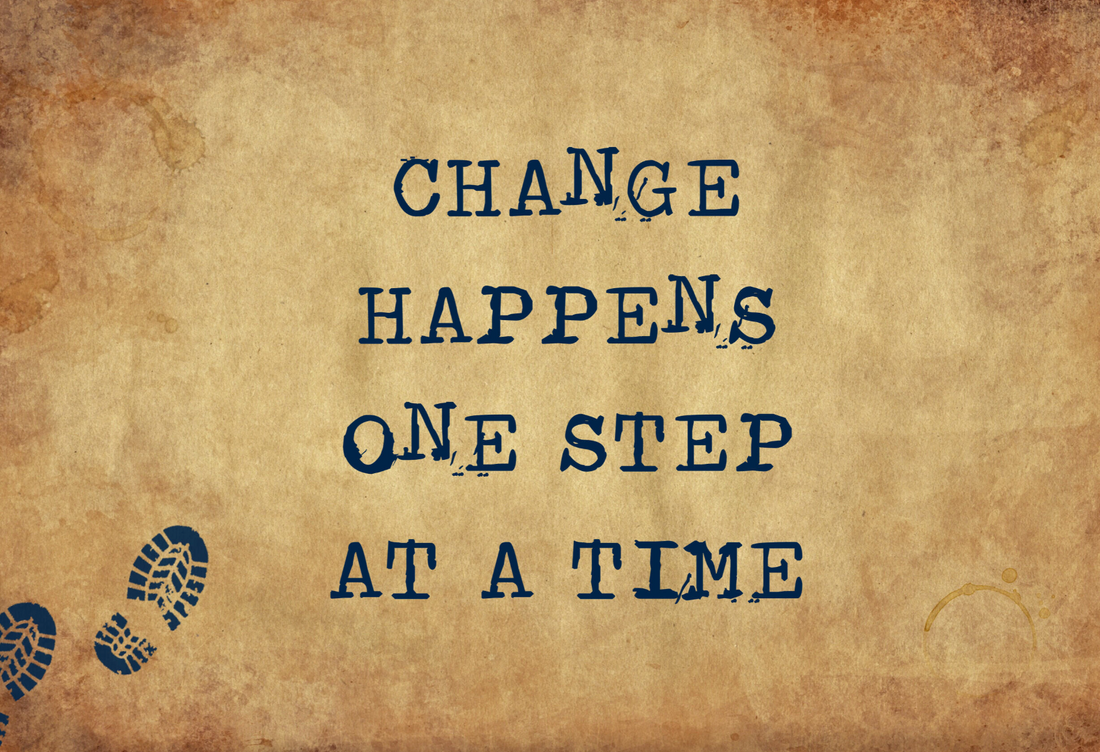
Exhausted, ready to quit? It could be burnout
Constant exposure to a stressful working environment could result in burnout. If you are feeling physically exhausted, emotionally done in and struggling with your mental health at work, it could be signs of burnout. Perhaps you feel that you’ve fallen out of love with your career and are questioning what to do with your time. Feeling depleted, lacking motivation and questioning a workplace’s organisational and management style are classic examples of feeling the pressure.
The Chartered Institute of Personnel and Development (CIPD) carried out a study in 2020 and found that 37% of employees in the UK reported burnout. That’s a lot of people struggling with their wellbeing. And that’s before employees had to cope with new ways of working due to the pandemic, and all the fear and uncertainty that caused and still causes three years later.
High workloads in these challenging times aren’t always helpful. Perhaps you are working more hours to cope with demands or are having to do more than one person’s job? Maybe the workplace culture is at odds with your values, or you are feeling overwhelmed and unsupported. Or is constant change and worry about job security taking its toll? All these things across all industries can result in making you feel not valued, making the risk of burnout even more likely.
We live in uncertain times, be that the cost-of-living crisis, the after-effects of the pandemic or the war in Ukraine. There is a lot going on! All these things can negatively impact on a person’s mental health, so wellbeing at work has never been more important.
Here at huunuu we brainstormed what burnout meant to us. We mentioned many of the things we’ve already spoken about, but there were also recurring emotions of sadness, feeling stuck, isolated and uncertain. Then we asked each other if we had felt them over the last year and we all had to some degree. Some of these emotions were due to our personal lives, but here is the thing. Life happens to us all and of course, this carries through into our workplace.
Each person, of course, will feel the effects differently and this is where a robust wellbeing strategy in place can support your team. Seeking support can feel like a mountain to climb for individuals if wellbeing systems aren’t in place and if communication is already difficult.
How does burnout affect an organisation
If your teams are feeling drained and negative, then they could pass that on to others and a workplace culture of dissatisfaction could ensue, resulting in low productivity and even making the retention of staff difficult. An unpleasant working environment is likely to lead to conflicts and that good old phrase ‘politics’ creeping in. Productivity may decline and people may be less effective or efficient in their work. Mistakes are likely to be made… It is unlikely there will be any going above and beyond, or people feeling proud of where they work. All these things can lead to very real problems for any organisation.
How can an organisation support and help to prevent burnout?
By being proactive and open, and creating an environment where staff feel valued is ideal. If an organisation can foster discussion and accept challenges, it’s a sign of a healthy environment.
A wellbeing strategy is a good place to start, encouraging work-life balance doesn’t mean that staff will suddenly slack off, just the opposite in fact. If people feel that they are valued then they are likely to begin to add value.
Read our blog on adding value here…
Whilst work life balance is important, there are other things for an organisation to consider.
Acknowledging that your organisation’s culture isn’t healthy is a good place to start. We have a phrase at huunuu, which we deliver in our wellbeing training: Stop, pause and reflect. Three little words that are incredibly impactful if we put them into practice.
The power of a good open and frank discussion can also be the starting point for positive change. It sounds simple, but it is empowering!
At huunuu we take wellbeing seriously, as a remote team we check in on each other each morning and discuss what we’ll be doing during the day. An open communication approach is taken during meetings where all are encouraged to share and challenge if necessary. Individual one on ones are an opportunity to discuss how you are feeling about work…and life. It is so important not to separate the two.
It requires a proactive approach and encouraging a work life balance doesn’t always work if the person promoting it is stressed and overwhelmed, so take breaks and lead from the front. Consider external support. Make sure people take their holiday allowance and respect their working hours. A rested team is ultimately far more productive than an overworked team.
It’s important that teams know what is expected of them, and clear communication is in place. Sometimes of course, it will get busy in the workplace, so make sure there is a strategy in place to cope with a demanding workload. Distribute the work fairly and if you find yourself constantly asking the ‘safe pair of hands’ to do yet another task, provide support or risk losing your valued players.
If morale is low, consider flexible working, perhaps some employees are coping with the demands of children, elderly parents, or a life change for example. By encouraging self-care, you are promoting good mental and physical health which will only work in your favour. Be fair in your approach when creating policy and offer flexibility across the board, and don’t let discrimination sneak in, positive or otherwise.
Positivity, reward success and say thank you. These may sound like simple things, but appreciating people can help to reduce burnout.
How can wellbeing training help burnout?
Acknowledging and making steps towards a better work culture requires an ongoing commitment. By asking wellbeing trainers in to your organisation, you can begin to see your strategies through another lens, helping you to prevent burnout in your employees.
By training your team, an organisation can become more aware of the importance of wellbeing as well as recognising the signs of a negative workplace culture and burnout. Perhaps your organisation would benefit from tackling a specific issue that is relevant to your company. Are lots of your staff working remotely? Perhaps they would benefit from understanding how they can keep motivated or not let work seep into their home life. Maybe they are feeling the pressure to be constantly available or responsive even outside of working hours. Each organisation requires an approach that suits them.
Perhaps management needs education on the importance of good work life balance, or in setting boundaries. Maybe stress management techniques such as mindfulness or sharing problems with colleagues in a supportive environment would be beneficial.
Wellbeing training can also help with good communication that promotes support and a culture of understanding. Here at huunuu one of our sessions is simply called ‘time to talk’ as creating space to allow employees to do just that in a mindful way can help to prevent negative emotions bubbling up and escalating.
Providing your team with the resources they need to contribute effectively and proactively within your organisation to prevent burnout, is something every good employer needs to consider.

